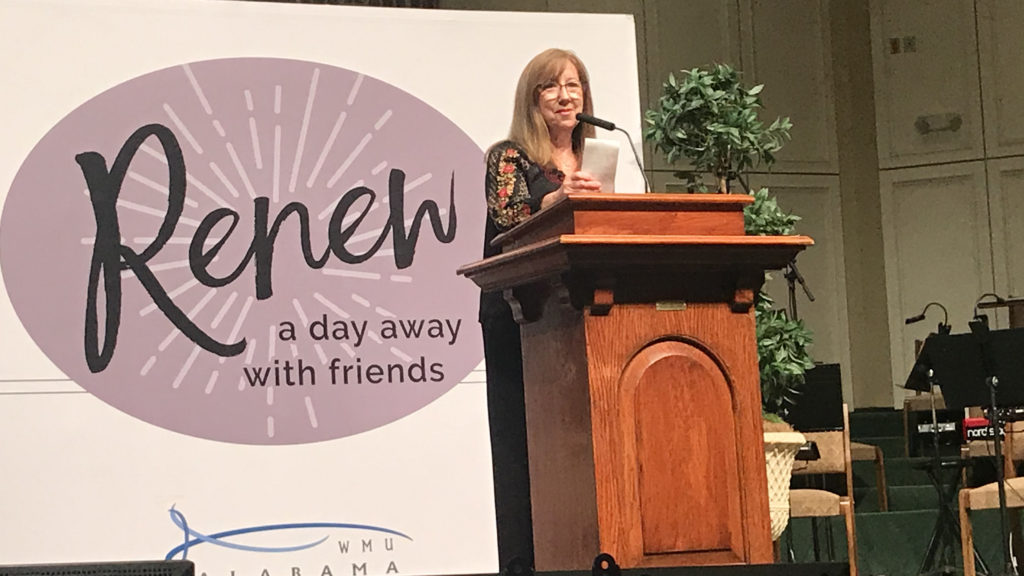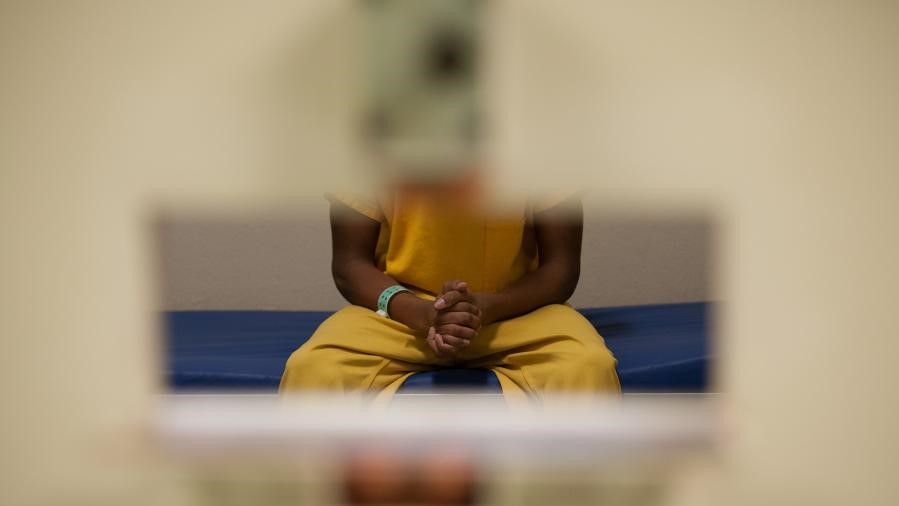Since professional football star Ray Rice was suspended by the NFL for knocking his then-fiancée, now wife Janay Palmer unconscious in Atlantic City, domestic violence has dominated the conversation in social media. Prominent women, including newly crowned Miss America Kira Kazantsev and TV personality Meredith Vieira, have shared their stories of abuse, as have thousands of other women using the hashtags #WhyIStayed and #WhyILeft.
A survey released in June by LifeWay Research found most Protestant pastors say they know victims of domestic violence and believe stopping abuse is a pro-life issue. But, according to the study, those pastors seldom address domestic violence from the pulpit — and less than half have been trained in how to help victims.
Jim Wallis, president of the Christian nonprofit Sojourners, a co-sponsor of the survey, said the survey shows churches can do more to address domestic violence.
“This is a conversation the church needs to be having but isn’t,” he said.
Researchers found about 4 in 10 (42 percent) pastors “rarely” or “never” speak about domestic violence. Less than a quarter (22 percent) speak to their church about the issue once a year.
Ed Stetzer, president of LifeWay Research Division, said, “When two-thirds of pastors address the issue of domestic violence in church one time a year or less, we have a serious disconnect with the realities of American life. Pastors cannot ignore or downplay the issue when lives are being ruined — and sometimes lost — through sexual and domestic violence right in their own communities and churches.
“The church needs to be part of the solution here,” Stetzer said.
As the Rice case and others have come to light several Southern Baptist voices recently joined the online conversation to give a biblical perspective on the issue.
Biblical picture of Boaz and Ruth
Emily Ellis, a publishing team leader at LifeWay Christian Resources, lamented the results of the pastor’s survey in a guest post on Stetzer’s blog. Ellis said the biblical pictures of Boaz covering Ruth with his garment and God covering His people contrast with the video of Palmer lying “exposed and humiliated on an elevator floor.”
“Instead of Rice ‘covering’ her, as God has commanded men to do, he exposed her. He abused her. He misused his God-given strength to harm her,” Ellis wrote.
Joe Carter, Ethics & Religious Liberty Commission (ERLC) communications director, noted “9 Things You Should Know About Intimate Partner Violence” on The Gospel Coalition website.
“In 48 population-based surveys from around the world, 10 to 69 percent of women reported being physically assaulted by an intimate male partner at some point in their lives,” Carter wrote. “In large national studies, the range is between 10 to 34 percent.”
Carter added, “According to the Centers for Disease Control, 1 in 4 women (22.3 percent) have been the victim of severe physical violence by an intimate partner, while 1 in 7 men (14 percent) have experienced the same. Female victims frequently experienced multiple forms of IPV (intimate partner violence) (i.e. rape, physical violence, stalking); male victims most often experienced physical violence.”
Jeremy Pierre, assistant professor of biblical counseling at Southern Baptist Theological Seminary in Louisville, Ky., noted an article he published in 2013 as a resource to help churches and pastors considering the topic of domestic violence in light of Rice. In the article Pierre urged churches to “promote a culture of safety for oppressed people in the congregation” and discipline abusive men.
“Wives should be reminded that by remaining quiet about abusive husbands they insulate them from the loving correction they need to save their souls from destruction,” Pierre wrote in the Journal for Biblical Manhood and Womanhood. “It is not loving to hide domestic abuse; it will only bring destruction. … No matter how many times an abuser feels guilty and promises not to continue, without help from others, the pattern will continue.”
Pastors should always alert government authorities in cases of violence and sexual abuse, Pierre wrote.
“Many well-meaning pastors may, in an attempt to show grace, treat violence as ‘church family business.’ This is both illegal and foolish. Part of godly authority is exacting the consequences of a man’s actions on him. An abuser must be accountable to the law, regardless of the state of his repentance,” Pierre wrote.
Russell Moore, ERLC president, said both the government and the church have a responsibility to confront domestic violence. Part of the government’s responsibility, he said, is to make justice “clear and decisive enough” that men or women will report abuse and not fear repercussions from those who harm them.
“Often men who abuse their wives or girlfriends will seek to hide under the cover of therapeutic language as they seek to ‘deal’ with their ‘issues,’” Moore wrote in a blog post for CNN on Sept. 10.
Churches must “address the spiritual and moral realities behind” domestic violence by disciplining men who abuse women and teaching about biblical gender roles, Moore said.
Christians “are the people who believe that every idle word and every hateful act, no matter how covered up in this life, will be brought into the open at the Judgment Seat,” Moore wrote. “We ought to warn men that their cowardly and predatory acts toward women do not escape the scrutiny of God.”
(BP)





Share with others: